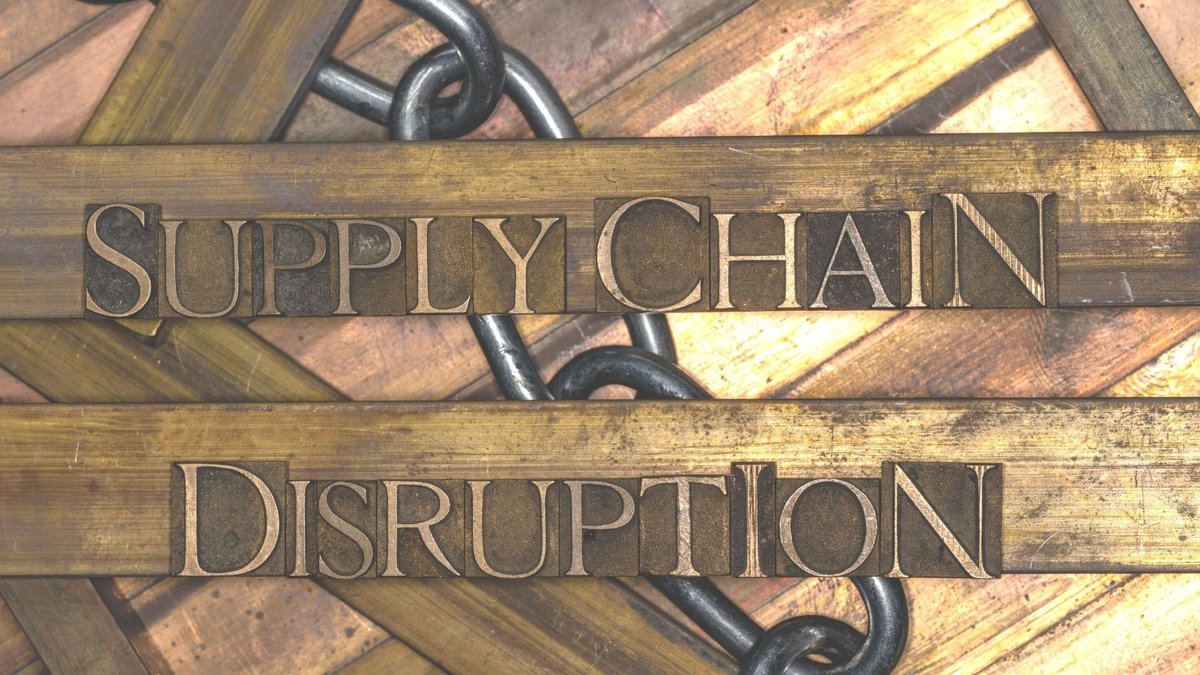How have British businesses responded to supply chain disruption?
Published by linker 5
Posted on September 14, 2020
5 min readLast updated: January 21, 2026

Published by linker 5
Posted on September 14, 2020
5 min readLast updated: January 21, 2026

By Atul Bhakta, CEO, One World Express
The impact of COVID-19 on global economies has been severe. Yet just as with the public at large, it would be unfair and inaccurate to pretend all businesses have been affected similarly.
Without over simplifying or generalising matters, businesses can generally be split into two camps: those which provide physical products and those which provide a service, whether that’s software or professional skills. The challenges these two groups have faced during the coronavirus pandemic have been notably different.
Yes, all organisations have had to consider remote working practices, the health and safety of staff and customers, and how to keep the lights on during such unprecedented times. Yet for those with physical goods to produce then sell, the added complications surrounding supply chain disruption have added a further headache – and a nasty one at that.
That supply chains would be adversely affected by the pandemic is, of course, no surprise. As soon as news of the virus surfaced in Wuhan, it quickly became apparent that the knock-on effects would be vast.
To help contain the virus, manufacturing plants were forced to stop or limit production, transport systems shut down and cross-border movement was either difficult or completely prohibited. It was a global problem.
At the same time, while supply chains shuddered and jolted, the behaviour of both consumers and businesses changed significantly; demand for certain goods skyrocketed (hand sanitiser and cleaning products could not leave factories fast enough) while others dwindled (the closure of pubs saw millions of barrels of beers poured down the drain).
In the UK, headlines abounded of the seeming impossibility of getting hold of bread flour, pasta or even toilet toll. The reason was twofold: in some cases, manufacturers and suppliers simply could not produce items quickly enough to meet demand; in other cases, the issue was further down the supply chain, with packaging and logistics the main obstacles preventing much-wanted products from reaching customers.
COVID-19 forces introspection
As it has for all of us as consumers, COVID-19 has exposed the things that businesses take for granted. Namely, for businesses built on the sale of physical products, they have had to answer two fundamental questions: can we get our hands on the items we need to produce our goods? And can we still get those goods into the hands of paying customers?
The answer, in many cases, has been an emphatic “no”. This would have been unthinkable eight or nine months ago; after all, at the start of 2020, few businesses would have foreseen entire trading networks grinding to a halt.

Atul Bhakta
To shine a light on just how far-reaching the disruption has been, One World Express recently commissioned a study among over 500 UK businesses. We explored how businesses have had to adapt their own operations as well as the ways in which they have responded to supply chain disruption.
The findings warrant plenty of attention. For one, the research found that the majority (56%) of British companies have had to pivot the way they deliver their product or service because they were unable to sell in the way they had been accustomed to selling. Take the example of high-street retailers – forced to close during the lockdown, they suddenly had to rely on online sales and home deliveries, something many had to quickly set up as they had never offered it before.
As well as not being able to sell in the same way as previously, 34% of business leaders also said the coronavirus pandemic had meant that they could no longer sell to the same customers as usual. Indeed, there have been many instances of producers who usually sell to businesses (food suppliers for restaurants a prime example) that suddenly needed to find new customers, opting instead to go direct to consumers.
As for supply chains, One World Express’ study laid bare the level of disruption caused by COVID-19. It showed that 36% of UK businesses have witnessed one or more company close down as a result of the pandemic. Further, 42% said they had been forced to source new merchants, vendors or partners as their existing options were no longer viable.
Taking positives from a challenging situation
The statistics above hardly scream positivity. However, the disruption to supply chains should not be seen as an entirely bad thing. In truth, it has forced businesses to reassess their operations and the partners they work with; it has made them consider how to improve efficiency or develop a more effective business model.
Again, One World Express’ aforementioned survey offers some useful insights here. Of the 500 companies quizzed, 41% said that in forcing them to find new partners the pandemic has actually led them to superior alternatives to those that they had previously worked with. Similarly, 35% said they have made cost savings by sourcing cheaper suppliers to those they had relied on before the lockdown period.
Overall, 57% of UK businesses believe the pandemic has provided the incentive they needed to make positive changes to their business model. What’s more, a slim majority (52%) are confident that they will see positive growth in their turnover in the second half of 2020.
Perhaps, then, there is reason for optimism. In forcing the hand of business leaders, COVID-19 has brought about a level of innovation, reform and introspection that we would never normally see. In turn, the pandemic has evidently provided the opportunity to make positive changes to the very fundamentals of businesses’ operations, products and sales model – and this shake-up will stand many companies in better stead as we head into the “new normal”.
Explore more articles in the Business category











